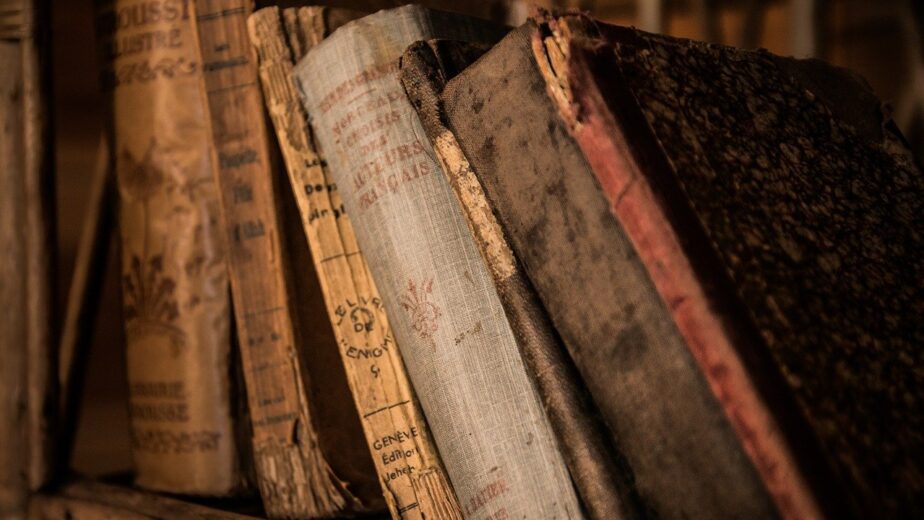Numerous ratings and lists seem to have become part of our lives. Film lovers use them to choose movies to watch, and readers use them to choose works to read. In fact, the rating compiled by Newsweek is of particular interest, because at the time of its creation similar lists of various publications were collected and analyzed, and reading lovers were involved. It includes 100 works, but we propose to get acquainted with the first ten, the more so as it includes two works by Russian authors at once.
Leo Tolstoy, War and Peace
Leo Tolstoy’s immortal work tops the prestigious list. However, this is not surprising; the epic novel, written in the nineteenth century and depicting Russian society during the wars against Napoleon, is still relevant today.
George Orwell, 1984
The novel-antiutopia was very influential and gave food for thought to more than one generation. Written in 1948, it was banned in the Soviet Union until 1988, but became a bestseller in the U.S. in 2017, becoming a bestseller on Amazon.
James Joyce, Ulysses
Recognized as the pinnacle of postmodernism, Ulysses is about a day in the life of a Jewish Dubliner. In spite of its simple plot, Ulysses has a wide variety of allusions, including historical, literary, and philosophical ones.
Vladimir Nabokov, Lolita
Vladimir Nabokov’s most famous novel is rightly considered one of the most outstanding works of the twentieth century and is included in the first hundred of numerous rankings. It is hard even to imagine that once the author was rejected for publication by almost every publishing house he applied to. The writer himself considered “Lolita” the pinnacle of his work.
William Faulkner, The Sound and the Fury
The story of the collapse and death of the Compson family is emotionally and stylistically very difficult. Only in the finale do the disparate parts of the mosaic come together as a whole, and afterwards make the reader ponder for a long time the fate of the characters, their complicated relationships and the reasons that led to the tragic finale.
Ralph Ellison, The Invisible Man
The novel has been called one of the best English-language works. It examines the problems faced by African Americans in the early twentieth century, raising questions of nationalism, individuality, and personal identity.
Virginia Woolf, On the Lighthouse
The novel is written in the manner of modernist literature and is not distinguished by a constructed plot, but the technique of “stream of consciousness” is used to the fullest extent. A striking distinguishing feature is the awareness and “feeling” of the same event by different characters.
Homer, The Iliad and The Odyssey
This book needs no introduction or description of its plot. It influenced the entire further development of world culture, and to read the immortal poems of the great Homer is a must for every self-respecting person.
Jane Austen, Pride and Prejudice
The novel today is rightly called a masterpiece of English literature, but at one time the publishers flatly rejected the manuscript of Jane Austen’s debut work. For 15 years the writer kept it, and after the success of “Sense and Sensibility” was able to publish “Pride and Prejudice”, though previously revised novel.
Dante Alighieri, The Divine Comedy
Dante Alighieri’s poem needs no introduction. It is a kind of encyclopedia of political, theological, philosophical, and scientific knowledge of the Middle Ages. The Divine Comedy has inspired artists and poets, musicians and writers, philosophers and playwrights for centuries.
